9 min read
How to Get Property Management Clients (Lead Gen Methods)
With such a competitive and fast-paced real estate market, especially rental markets, knowing how to get property management clients is crucial for starting and...
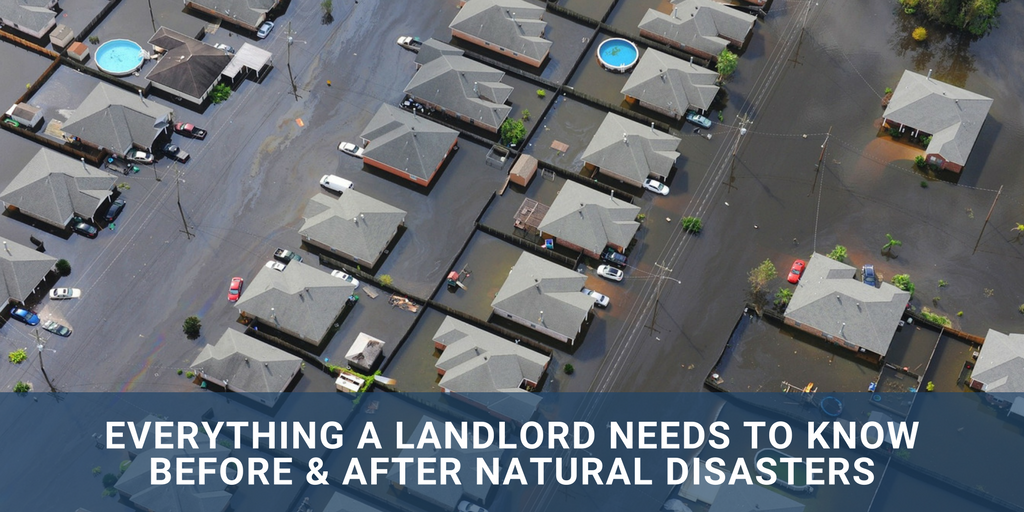
Natural disasters are unfortunately a reality landlords and renters alike must face. With recent events across the nation, Mother Nature has left many landlords wondering what their role is both before and after natural disaster strikes. From hurricane preparedness to protecting a home from wildfires to what happens to a rental lease when a property is damaged, we have compiled everything a landlord needs to know before and after a natural disaster.
While some natural disasters strike suddenly with little to no warning, such as a spring tornado, other disasters are predicted well before their arrival. In the case of hurricanes, for example, modern technology and science allow residents the chance to prepare before the storm reaches their property.
If you own a rental property in an area that is in the path of a natural disaster, take note of the following disaster-specific instructions.
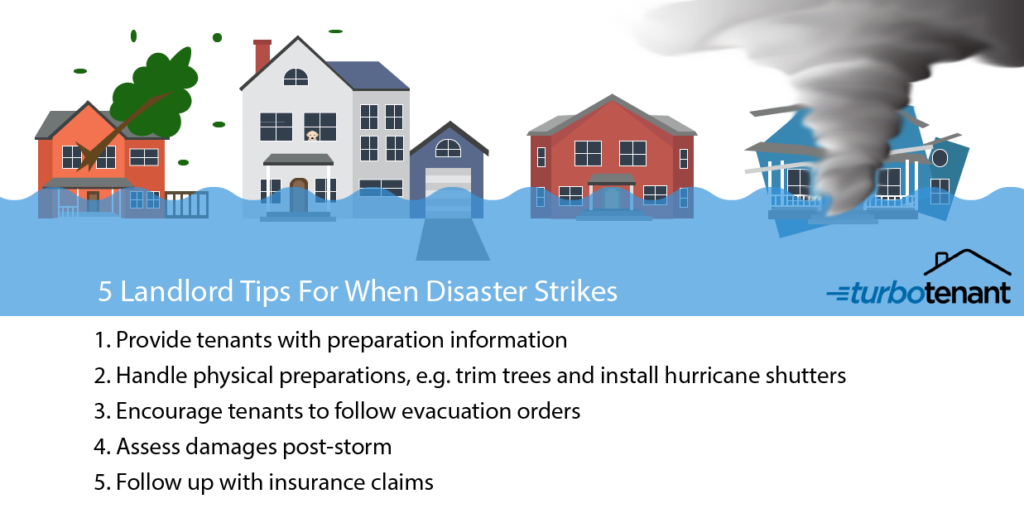
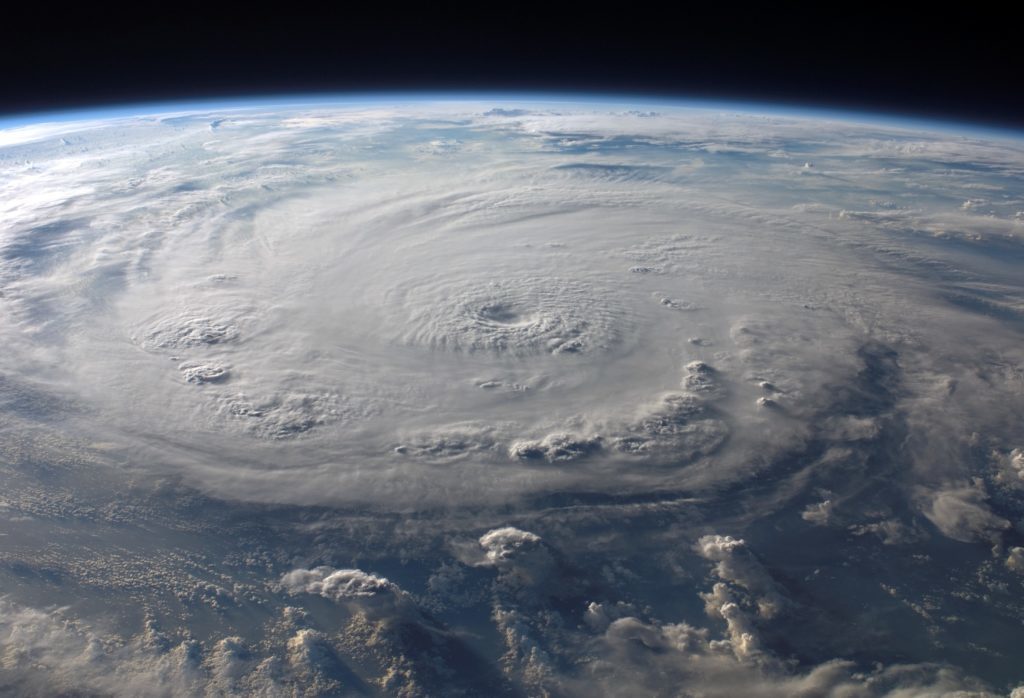
As a landlord, there is only so much you can do to prepare your tenants for a hurricane or tropical storm. While ultimately they must take responsibility for their own safety, you can provide them with instructions on how to best prepare their rental home. You can also provide the materials needed to protect a home during hurricanes if you own properties in a hurricane-prone area.
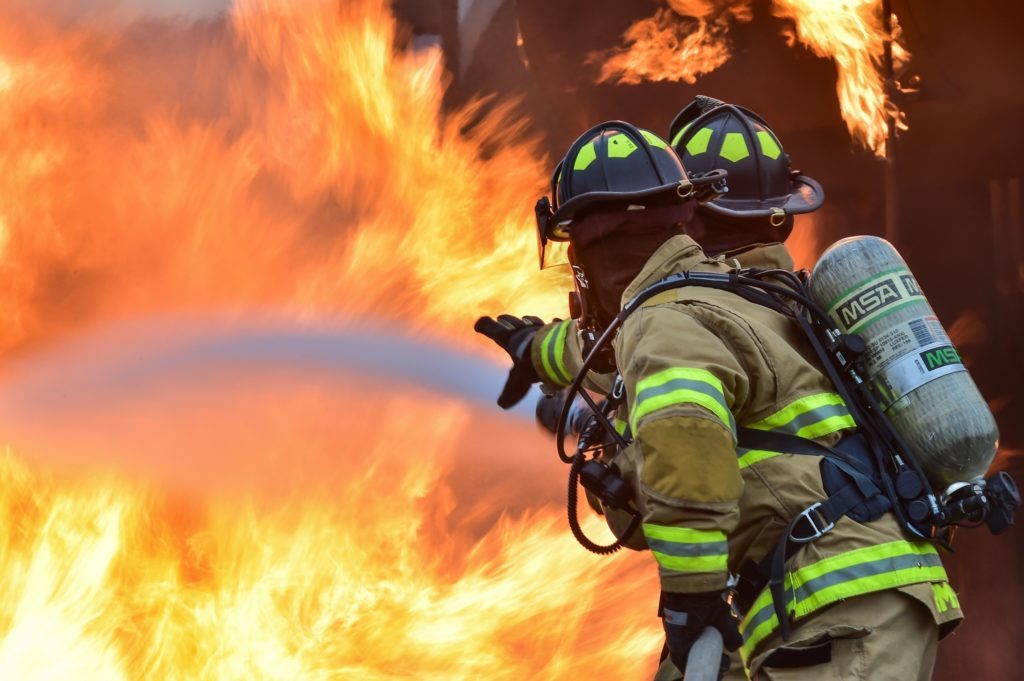
Hurricanes are not the only natural disaster that causes destruction across the nation each year. According to the National Fire Protection Association, a total of 4,312 structures were destroyed by wildfires in 2016, including more than 3,000 homes and more than 70 commercial buildings.
If a wildfire is spreading in an area where your rental properties are located, take the following course of action to help protect your property:
If your tenants live in an area that is under evacuation, check in with them and urge them to obey evacuation orders. Remind tenants with pets that they should bring along all animals during an evacuation. The Pets Evacuation and Transportation Standards Act (PETS) requires accommodation for pets during an evacuation. Remind tenants that due to this act, their pets will be allowed in designated shelters and on evacuation transit.

After a natural disaster has passed through the area your rental properties are located in, it is time to start assessing the damages and taking the next steps necessary. Post-disaster you will need to make decisions about your property, insurance claims, and what to do with tenants who have evacuated, are late on rent or return to uninhabitable homes.
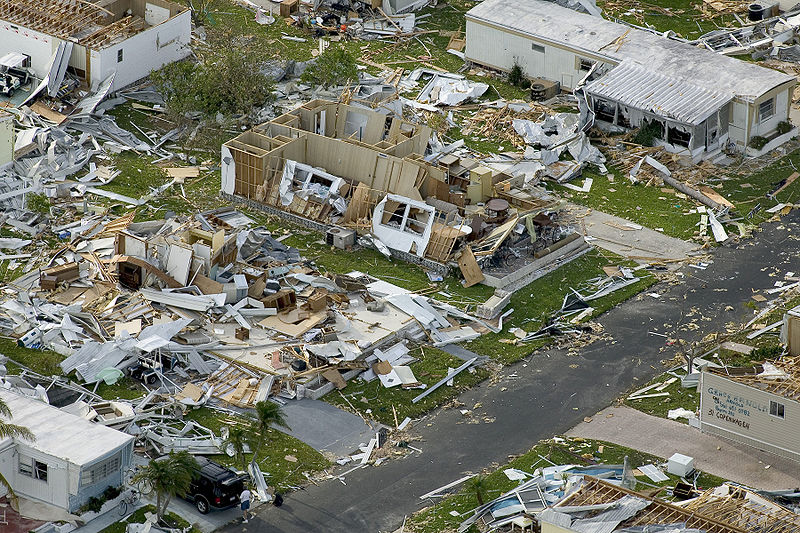
If a natural disaster destroyed a rental property to the point that it is deemed uninhabitable, most states will follow similar regulations as outlined in the Uniform Landlord Tenant Act (URLTA). This act states that in the case of disasters, “If the dwelling unit or premises are damaged or destroyed by fire or casualty to an extent that enjoyment of the dwelling unit is substantially impaired, the tenant may (1) immediately vacate the premises and notify the landlord in writing within [14] days thereafter of his intention to terminate the rental agreement, in which case the rental agreement terminates as of the date of vacating; or (2) if continued occupancy is lawful, vacate any part of the dwelling unit rendered unusable by the fire or casualty, in which case the tenant’s liability for rent is reduced in proportion to the diminution in the fair rental value of the dwelling unit.”
This essentially means that in the states who have adopted this act or similar laws, the lease is voided when the property becomes uninhabitable. Some states use the act as a jumping off point and create slightly different versions of these laws.
For example, you can find the following state’s regulations below, which reflect similar language and policies as the URLTA. However, it is important to note the small differences in language as well:
Because laws and regulations can vary greatly from state to state, it is best to consult with your local attorney to determine the best course of action in the case of an uninhabitable home.
If your rental properties are still habitable, you may still face unique circumstances with your tenants. Evacuations, lost time from work, and other distress may leave tenants who live paycheck to paycheck struggling to pay their rent. What are your responsibilities as a landlord in these situations?
If the home is still habitable, the lease is still binding. However, it is important to keep in mind that natural disasters can be extremely difficult on those with little to no savings. In fact, according to Harvard’s Joint Center for Housing Studies, renters have median cash savings of $630, which means a natural disaster can wipe out their savings. Depending on whether or not they carry renters insurance, they may be left with very little left to their name. If you have tenants who have been in good standing with you, try to treat them fairly and according to the circumstances, they are facing. While you are still running a business and need to meet your costs as a landlord, it is also important to remember that natural disasters can cripple those with fewer means.
If you have tenants who are struggling to keep up after a natural disaster, direct them to FEMA’s website where they can apply for assistance. FEMA provides individual disaster assistance to those who were affected by a natural disaster and will help renters with costs associated with hurricanes, wildfires, and other national emergencies.

After natural disaster strikes, you will want to begin the process of filing insurance claims. How much assistance you will receive through your insurance will vary greatly depending on the landlord insurance policy you carry. It is best to require tenants to carry their own renters insurance as this will not only protect their belongings and losses but in some cases can also help you cover deductibles.
Unfortunately, the process for filing claims can be extremely slow in the case of major disasters. With so many claims flooding the system, patience will be key. The better documentation you keep upfront, the better chance you have of receiving fair compensation for damages.
A natural disaster can leave both landlords and tenants wondering what comes next. Remember, always consult with a local attorney when in doubt and try to work with your tenants as much as possible during these trying times.
DISCLAIMER: TurboTenant, LLC does not provide legal advice. This material has been prepared for informational purposes only. All users are advised to check all applicable local, state and federal laws and consult legal counsel should questions arise.
9 min read
With such a competitive and fast-paced real estate market, especially rental markets, knowing how to get property management clients is crucial for starting and...
8 min read
Condo property management, on its face, is exactly what it sounds like — overseeing one or many units in a condominium building...
7 min read
Finding the ideal commercial or residential rental property can be challenging for renters, as it may only meet some of their specific...